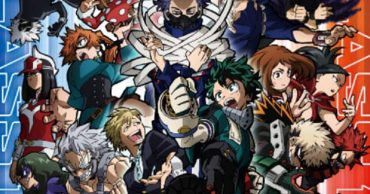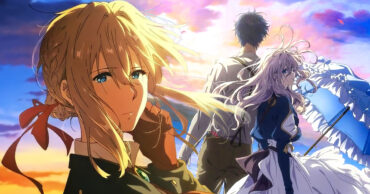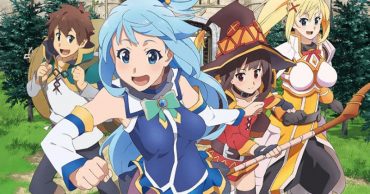
Naruto is separated into two segments by a time skip. The anime series based on the second segment is called Naruto ShippÅ«den, which can be translated to “Naruto Hurricane Chronicles.” Naruto ShippÅ«den completed the adaptation of the Naruto manga with some anime-original material inserted into it. Here are 10 things that you may or may not have known about Naruto ShippÅ«den:
1. Ran for 500 Episodes
In total, Naruto Shippūden ran for 500 episodes. This was possible because the anime series was broadcast over the course of a decade, seeing as how the first episode was broadcast in February of 2007 while the last episode was broadcast in March of 2017.
2. Ran for 21 Consecutive Seasons
Most anime series are not broadcast in consecutive seasons for a number of reasons. For example, there is a huge amount of effort needed to maintain that kind of broadcast schedule. Likewise, there might not be enough source material to adapt. Naruto Shippūden is an excellent example of an exception to this rule because it ran for 21 consecutive seasons.
3. Had Filler
Unsurprisingly, this means that Naruto Shippūden had a fair amount of filler, referring to anime-original material that was invented for the sake of filling intervals between segments of the adaptation of the Naruto manga. Some of the filler is worth watching, while some not so much. Regardless, the uninterrupted run would not have been possible without the filler.
4. Some People Think that Naruto Was Better than Naruto Shippūden
There are plenty of people out there who believe that Naruto was better than Naruto Shippūden. In a lot of cases, this is because Naruto Shippūden saw a significant step-up in the personal power of characters, which can be explained in part by its increased focus on more powerful characters but no more than that. Due to this, some people feel that Naruto Shippūden sacrificed the low-scale, high-stakes feel of its predecessor.
5. Lots of Secrets Came Out
Shounen series being shounen series, Naruto ShippÅ«den revealed a lot of secrets about the background of the Naruto setting. For that matter, it should come as no surprise to learn that it came up with a convenient narrative excuse to have even more powerful characters from the past fight it out in the series’s present.
6. Greater Focus on Other Villages
The first Naruto series focused on Konoha for the most part, though it spared some time for a small number of other shinobi villages as well. Naruto Shippūden was still focused on Konoha, but it spent more time on the other major shinobi villages, which enough for interested individuals to get a rough idea of what they were like.
7. A Ridiculous Number of Spinoffs
Naruto is very, very popular. As a result, there are a lot of spinoffs that can be found out there. For instance, there have been 26 light novels as well as 13 original novels released for the Naruto series. Furthermore, there are multiple series of Naruto video games.
8. Based on Shinobi Stories
There are some people who have criticized Naruto Shippūden for being nothing like the black-clad assassins that they see in other series. However, it is important to note that the two depictions come from different sources. Naruto is based on Japanese stories in which shinobi possessed magical powers such as shape-shifting. In contrast, the image of the black-clad assassin is believed by some to have come from the stagehands of traditional Japanese theatre, who wore black to signal that they were supposed to be invisible. Something that was sometimes used to great advantage by having shinobi characters dressed as these stagehands.
9. Inspired Naruto Run Meme
Naruto and Naruto Shippūden inspired the so-called Naruto run meme. In short, it is when someone is running with their arms held straight behind them, which was a common sight in the series.
10. Has a Follow-Up
Naruto ShippÅ«den has come to a conclusion, but the Naruto series as a whole has not. Currently, there is a manga as well as a anime centered on the next generation. The titular character would be Naruto’s son, though it is interesting to note that there is some indication that Boruto is just the Japanese pronunciation for “Bolt.”
 Follow Us
Follow Us





